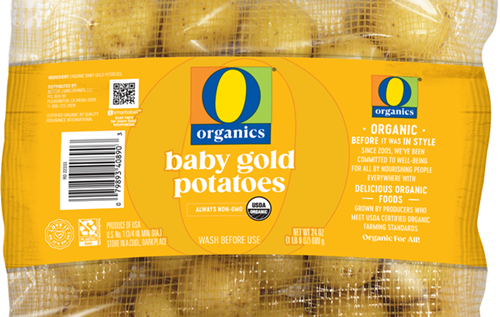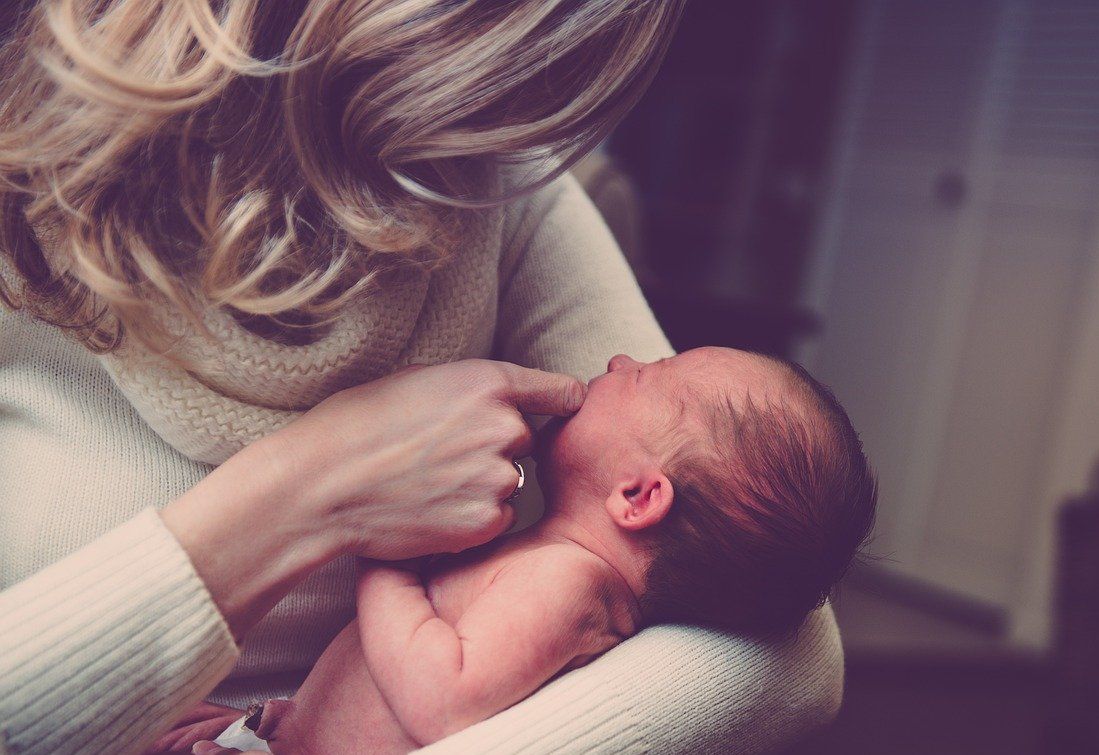People share totally normal things from the 90s/00s that are now considered 'luxuries'
Remember when you owned the software you purchased? Those were the days.

Really should have appreciated some of these things.
Bob Dylan sang that the times are a-changin' back in the late 70s, and since then, they haven't ever stopped a-changin'. And yes, change has been a constant for all of humanity's existence, but things certainly seem to be progressing a whole heck of a lot faster, don't they?
Before ya know it, those once fashion-forward pants you purchased are now retro, you don't understand any of the slang the kids are spouting, and you're doing your taxes, grocery planning and work meetings all from your phone. You know, that device that once only…gasp…called people.
It certainly feels like more than simply growing older, too. Technology is evolving at a rapid pace, to the point where human beings are finally having a hard time keeping up. Combine that with uncertain economic times, and it's no wonder that some folks are left reminiscing about how, in some (not all or even most, but some) ways, the good old days really were good.
Take for instance this interesting question posed by u/zombiem00se over on Ask Reddit. They asked: "What was normal 20 to 30 years ago but is considered a luxury now?"
Oh yeah. Get ready for either some bittersweet nostalgia, or to shake your head at just how much you're probably paying for something that was once bought for pennies. Have fun!
3. "Paying no more than 30% of your income in rent."
u/DaughterEarth added: "I lived in poverty housing and this was how they determined our rent. It was 30% of mom's income, regardless of how much she was making. That was 20 years ago, not sure what starving kids do today."
4. "Concert ticket prices."
u/CathedralEngine added: "17 years ago I spent $30 to see an internationally touring band play a concert, and I thought that was way too high. Now I’m spending minimum $20 to see local bands. Just on admission."
5. "Household products that don't break within the first few years of use. My grandma had the same fridge from 1993 before deciding to switch to a newer, bigger one two years ago. My mom's wedding cookware is still going strong 25 years later, but whenever she needs new pans, they start flaking Teflon into the food within a few months."
6. "Not being expected to be reachable 24/7."
7. "Being able to afford going out every Friday after work."
8. "Farmer's markets. You used to be able to go down and get fruit and vegetables cheaper than the grocery store. Now it seems like they charge 3x more than stores do."
9. "Single income families buying a home."
u/Mashy6012 read everyone's mind by adding: "Buying a home in general"
10. "Good quality fabric in clothing. I have clothes from the 90s (and 80s from my mother) that still hold up today. These days, I'm lucky if my shirt isn't saggy and misshapen within a year."
– u/TheMadLaboratorian
11. "Items not requiring a subscription each month."
12. "Legroom on an airplane."
13. "Free driver’s education classes taught in all high schools."
14 . "Family vacations. I remember going on road trips regularly as a kid and even flying once or twice. Now that I have kids, I cannot afford a weeklong trip to the Badlands, Grand Canyon, Disney/Universal Studios, etc. The best I can do is a day trip to the Wisconsin Dells maybe once a year."
– u/M5606
14. "Apartments. I could get a one-bedroom apartment in Wisconsin back in 1997 for under $500. Now that same apartment is at least $2,000."
15. "Affordable healthcare."
16. "People making friends with one another purely because they enjoy their companionship and not because of networking."
17. "Calling a company and getting a person on the other end of the phone.
– u/AnnieAcely199
19. "Being able to dance and have a good time without having the risk that it will end up being recorded and put on social media."
– u/allbright1111
- People are sharing the ’90s trends they totally want back and it’s an oasis of nostalgia ›
- Gen Xers are explaining that weird moment in the late '90s when everyone got into swing music ›
- Here are 17 things people really miss the most about living in the '90s ›
- Common 90s dinner you totally forgot about - Upworthy ›
- People share the stupidest things they've done to look cool - Upworthy ›
- Gen X mom has Gen Z daughter rank 90s heartthrobs - Upworthy ›


 O Organics Mexican-style blend cheese.via O Organics
O Organics Mexican-style blend cheese.via O Organics O Organics baby gold potatoes.via O Organics
O Organics baby gold potatoes.via O Organics O Organics tomato basil pasta sauce and extra virgin olive oil.via O Organics
O Organics tomato basil pasta sauce and extra virgin olive oil.via O Organics












 Tina Platamura
Tina Platamura